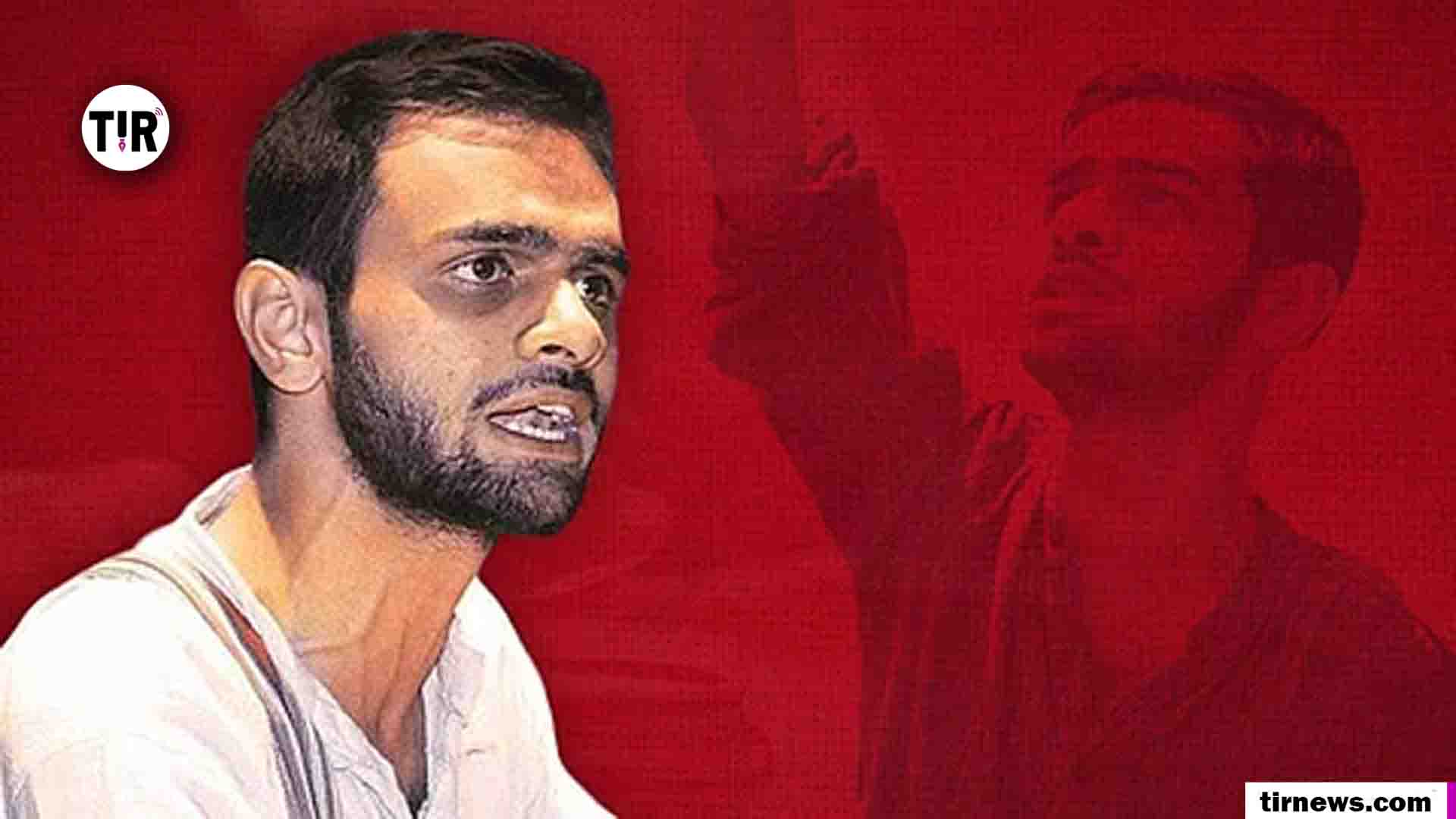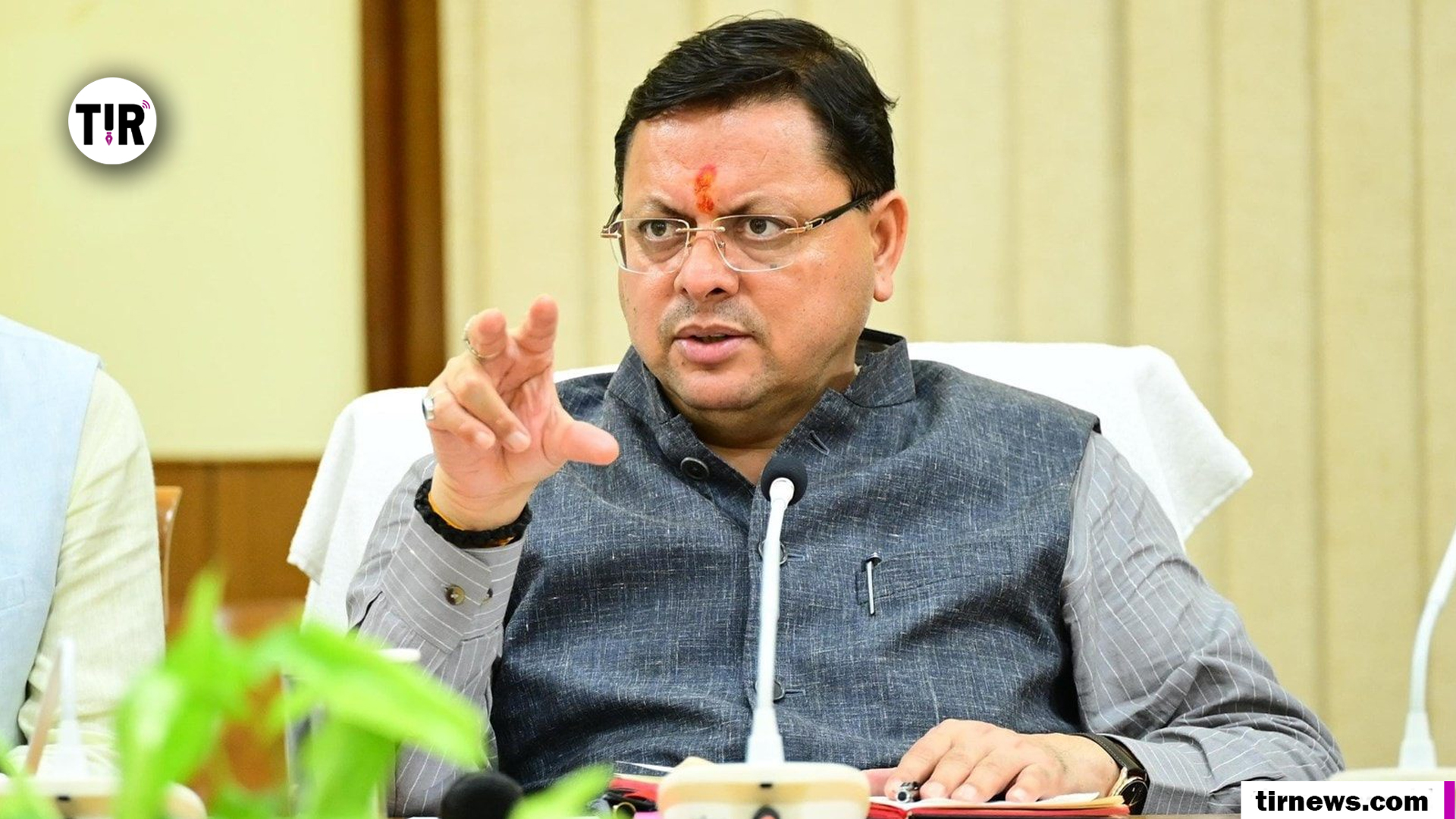Umar Khalid, a former student-activist and academic, has become a focal point of national debate over civil liberties, sedition, and the legal limits of dissent in India. Critics argue that his prosecution is emblematic of systemic issues undermining fairness in law enforcement and the judiciary—labeling aspects of his case a “mockery of justice.”
Key Allegations
- Extended Pretrial Detention & Delay
Khalid has reportedly been held in custody for prolonged periods without resolution of several bail applications. His lawyers contend that procedural delays, adjournments, and lack of timely hearings have violated norms of speedy trial rights. - Scope & Choice of Charges
The case involves multiple charges under anti-sedition, anti-terrorism, and public order laws—some of which critics say have broad definitions. There are allegations that the state has leaned on these expansive statutes to suppress lawful dissent rather than genuine threats. - Witness Credibility & Evidentiary Transparency
Since the evidence is sometimes based on statements, police reports, and intelligence inputs, legal observers demand greater transparency—cross-examination, access to materials, clarity on sources—to ensure due process and fairness of trial. - Context of Dissent & Free Speech
Advocates point out that Umar Khalid’s public speeches and socio-political critiques, part of his civil activism, are being interpreted in the harshest manner. They argue for protection of dissent under freedom of speech, especially where no violence is alleged.
Counterpoints & State’s Position
- The state claims that charges stem from acts that go beyond peaceful dissent—allegedly involving incitement, unlawful assembly, or ties to individuals/groups considered extremist under law.
- In many of these cases, courts often rely on affidavits, investigation documents, and security/intelligence reports not fully in the public domain.
- Authorities assert that national security and public order are legitimate state concerns, which justify some measures that otherwise may seem to limit liberties.
Legal & Policy Implications
- If prolonged pre-trial detention without bail becomes the norm in such cases, it weakens constitutional safeguards.
- Cases like this test the balance between security and rights—how much leeway the state has before infringing on civil liberties.
- Judicial oversight, transparency (in camera excepted where required), timely hearings, and protection of speech should be reinforced.
ere is the short URL: https://tirnews.com/854m



